Operational Safety (not to be confused with Operational Flight Safety, which is a summer term module)
This brand-new lecture create for the small interdisciplinary study programme “Risk & Safety” is intended as a forum for discussion with safety experts from the industry. Students will learn best practice solutions to known safety problems and adapt them in a study report to a new topic.
The lectures are open to other study programmes as well and a guest audience is also welcome! Check out the upcoming keynote speakers from the list below. Lectures are in room MW3618 at the FSD chair.
Keynote Speakers
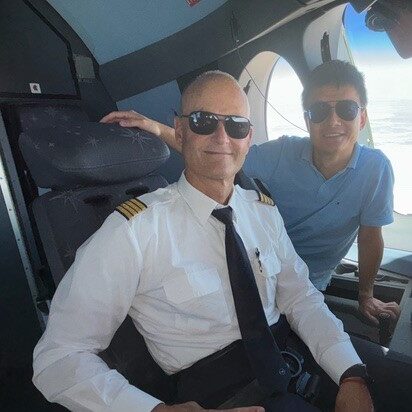
Carsten Schmidt-Moll
TUM Institute of Flight System Dynamics, Lufthansa, Cpt. A350
📅 23.10.2024, 13:00 – Distraction and Fatigue in Aviation

Julian Oehling
Lufthansa, SFO A350
📅 30.10.2024, 13:00 – Safety culture in the manufacturing industry
📅 27.11.2024, 13:00 – Working with the Risk Matrix and Knowing its Limitations

Prof. Dr. med. Rainer Haseneder
TUM, Klinikum r. d. Isar, TUM Medical Education Center
📅 06.11.2024, 13:00 – Operational Safety in Hospitals
📅 15.01.2025, 13:00 – Non-technical skills in medicine and simulation training
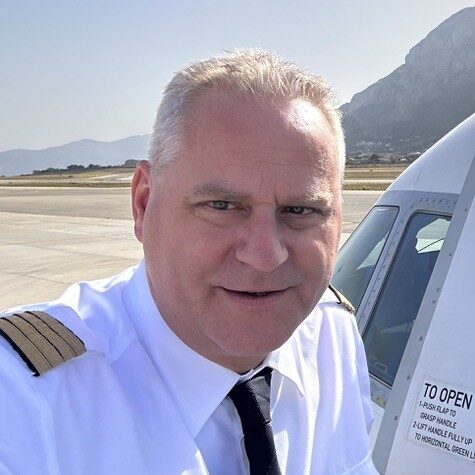
Dr. Max Butter
Lufthansa, Cpt. A320
📅 13.11.2024, 13:00 – Flight Data Monitoring
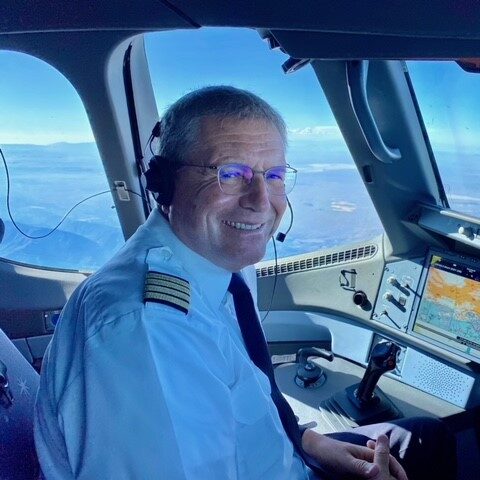
Manfred Müller
Lufthansa, Head of Flight Safety Research ret.
Cpt. A330/A340/A350 ret.
📅 20.11.2024, 13:00 – Operational Safety in Aviation
📅 08.01.2025, 13:00 – Estimating Risk with Minimal Data

Prof. Dr. Rafael Macián-Juan
TUM, Nuclear Safety and Engineering
📅 04.12.2024, 13:00 – Operational Safety in Nuclear Power
📅 22.01.2025, 13:00 – Operational Safety in Nuclear Power
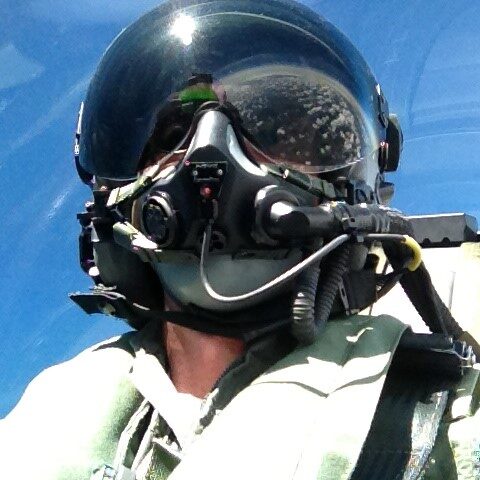
Dr. Christian Thomeczek
Ärztliches Zentrum für Qualität in der Medizin,
Founder of the Critical Incident Reporting System (CIRS)
📅 18.12.2024, 13:00 – Evidence-based Medicine and the Founding of CIRS
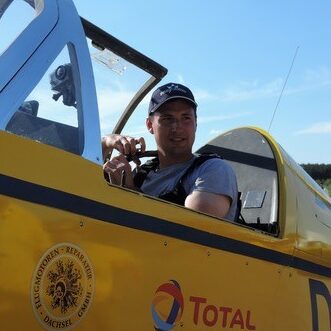
Julius Hoffelner
TUM, Institute of Flight System Dynamics
📅 11.12.2024, 13:00 – Drone Specific Operations Risk Assessment (SORA)

Dr. Lukas Steinert
Knorr-Bremse
📅 29.01.2025, 13:00 – Designing Inherently Safe Systems for High Risk Environments
Key Facts
| Contact | Prof. Dr.-Ing. Florian Holzapfel Carsten Schmidt-Moll Florian Schwaiger, M.Sc. |
| Language of Instruction | English |
| Language of Materials | English |
| Type / ECTS | Lecture and Exercise / 5 (Master Module) |
| Semester | Winter Term |
| Time and Place | Lecture: Wednesdays, 13:00-14:30, MW3618 Exercise: Wednesdays, 14:45-15:30, MW3618 |
| Related Links | TUM-Online: Lecture Overview PDF of Lecture Dates |
Details
| Prerequisites | none |
| Content | 1. Regulatory Framework: HROs, Certification, Audits 2. Recap of Human Factors 3. Processes, Procedures, Quality Assurance 4. Data Acquisition, Evidence Generation 5. Data Analysis, Safety Monitoring 6. Safety Management 7. Safety Culture 8. Risk Communication and Awareness 9. Guest Lectures on Case Studies in Aviation, Medical, Nuclear |
| Educational Objectives | – Recall the important legislative regulations for safe operations, – Understand limitations and weaknesses of the human component in the concept of operations, – Understand appropriate processes and procedures for quality assurance, – Evaluate the impact of an actively practiced safety culture, – Analyze an effective form of risk communication and management, and – Develop a data-based approach to monitoring and improving safety in operations. |
| Teaching Methods / Materials | The module is divided into lecture and tutorial. The lecture is held as a seminar-style class with a high proportion of guest lecturers from the fields covered. In the exercise MATLAB is used to interactively analyze accident data and to design safety models. |
| Exam | – project report for a safety concept on a new topic – short presentation of the report |
| Reference Literature | – Müller, Wittmer, Drax, “Aviation Risk and Safety Management,” Springer, 2014 – Gaussmann, Henninger, Koppenberg, “Patientensicherheitsmanagement”, De Gruyter, 2021 – Petrangeli, “Nuclear Safety,” Butterworth-Heinemann, 2006 |